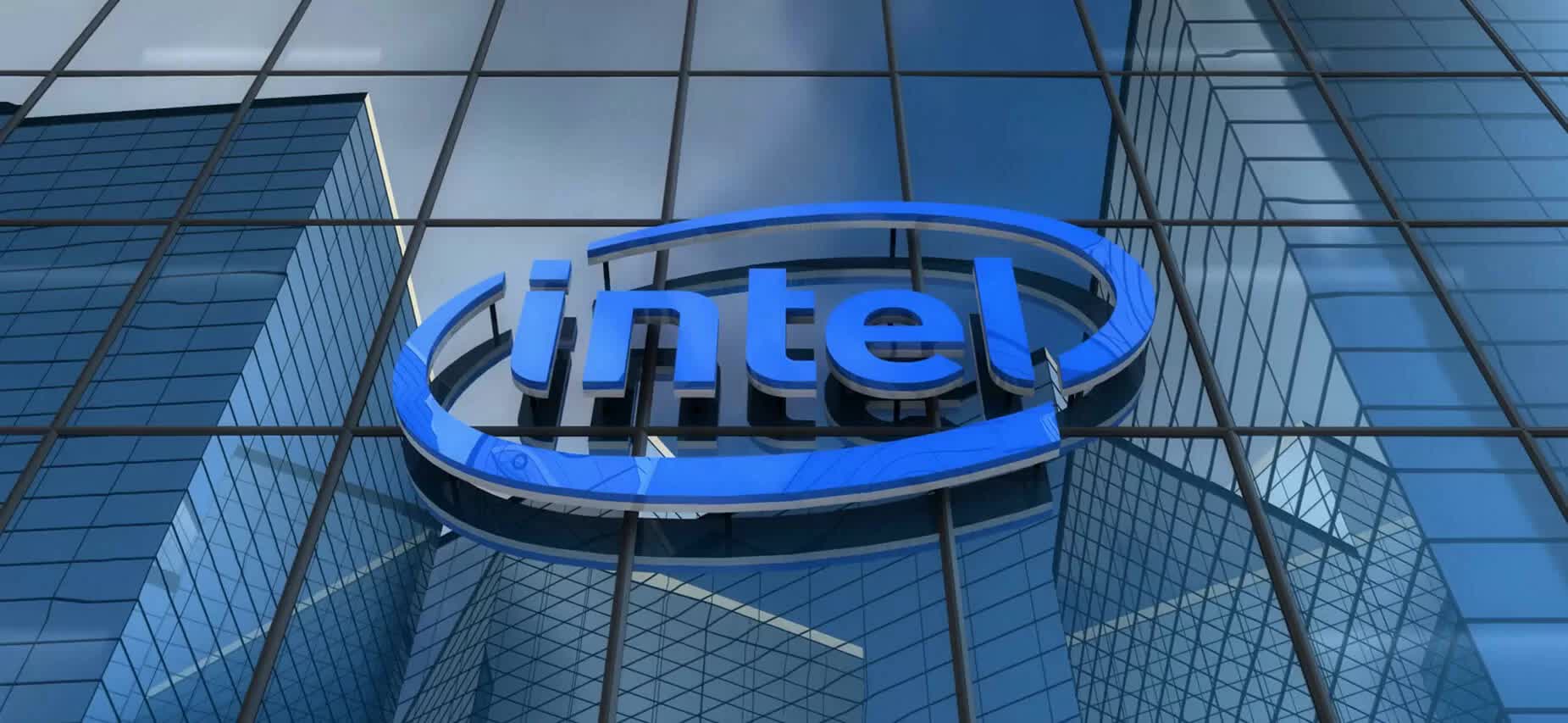2024-09-04 10:17:00
www.techspot.com
What a downfall: Back in the late 90s, Intel and Microsoft were the first major tech players to join the elite Dow Jones Industrial Average club. It was the heyday of the PC revolution that these two giants had largely ushered in. But the tides have turned over the last couple of decades. While Microsoft has soared to become the world’s second-biggest company thanks to its booming cloud and AI businesses, Intel has been struggling.
The chipmaker’s market cap has now dipped below $100 billion for the first time since its peak in 2000. Its stock has plummeted nearly 60% this year alone, making it the worst performer among the 30 Dow components that make up the DJIA. The company also reported a $1.6 billion loss for the second quarter, causing shares to sink even further to their current $20 level.
With such a low stock price and a mere 0.32% weighted influence in the DJIA, analysts in a Reuters report are sounding the alarm that Intel’s days in the index could be numbered.
The Dow’s selection committee keeps a close eye on the spread between its highest and lowest-priced components. When that gap exceeds 10x, they’ve historically given the bottom dweller the boot. Right now, healthcare behemoth UnitedHealth Group’s lofty $580 share price is a whopping 29 times more expensive than Intel’s.

A few key missteps have contributed to this downfall, starting with the fact it failed to ride the AI wave. The company has also been bleeding market share in its bread-and-butter data center CPU business, and its massive investments in new manufacturing capacity look questionable given the cloudy prospects for its foundry efforts. In fact, an upcoming $32 billion factory in Germany, which is already facing delays, could be outright canceled.
In an attempt to stop the bleeding, Intel has resorted to laying off 15% of its workforce and suspending its dividend payouts. The company is also considering the separation of its business divisions into independent entities.
If Intel does get kicked out of the Dow, the report says two leading candidates to replace the company are semiconductor rivals Nvidia and Texas Instruments.
Nvidia has had an excellent year (up until yesterday), with its stock rocketing 160% higher as the AI boom turbo-charged demand for its graphics processors. However, its extreme volatility could give the Dow’s conservative selection committee some pause. Texas Instruments might therefore be the safer choice. Known for its steady performance and major US manufacturing footprint, it has delivered a relatively calm 20% stock gain this year.
Support Techcratic
If you find value in Techcratic’s insights and articles, consider supporting us with Bitcoin. Your support helps me, as a solo operator, continue delivering high-quality content while managing all the technical aspects, from server maintenance to blog writing, future updates, and improvements. Support innovation! Thank you.
Bitcoin Address:
bc1qlszw7elx2qahjwvaryh0tkgg8y68enw30gpvge
Please verify this address before sending funds.
Bitcoin QR Code
Simply scan the QR code below to support Techcratic.

Please read the Privacy and Security Disclaimer on how Techcratic handles your support.
Disclaimer: As an Amazon Associate, Techcratic may earn from qualifying purchases.










































![[Vinesauce] Vinny – The Super Mario Bros. Movie 2nd Trailer Reaction](https://techcratic.com/wp-content/uploads/2024/11/1731940802_maxresdefault-360x180.jpg)


























